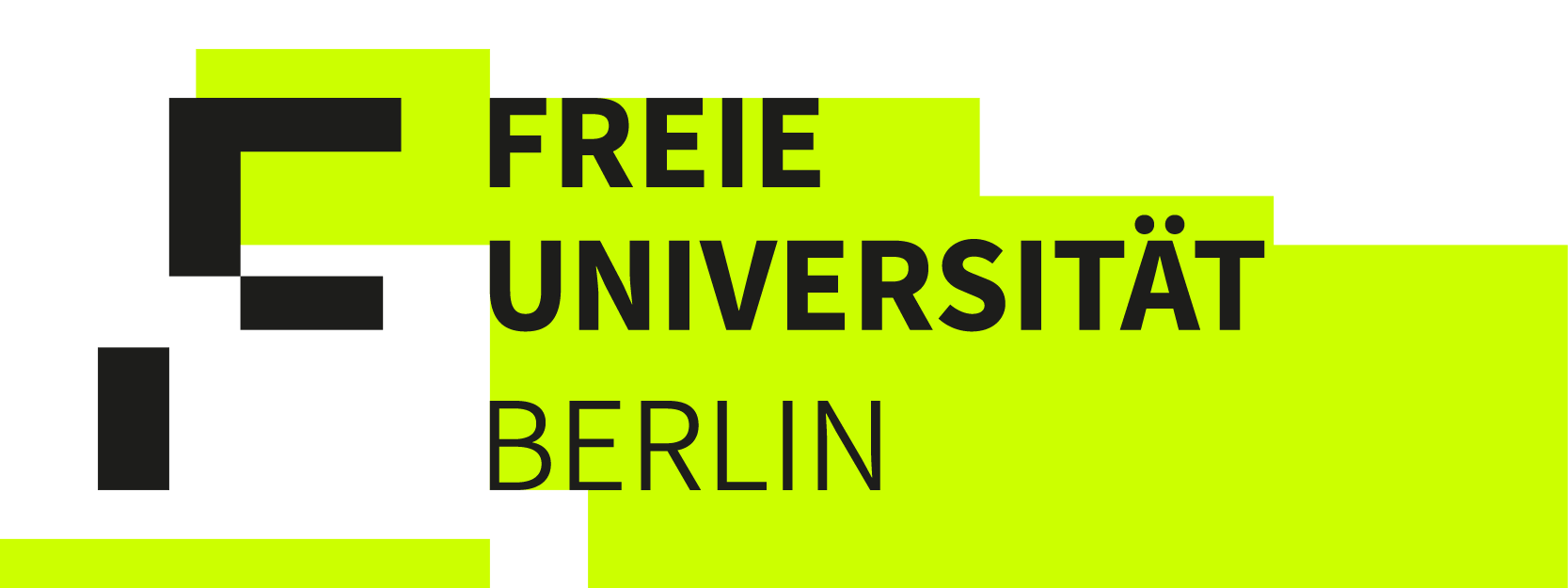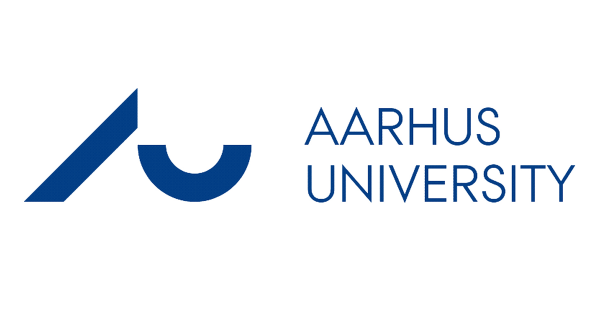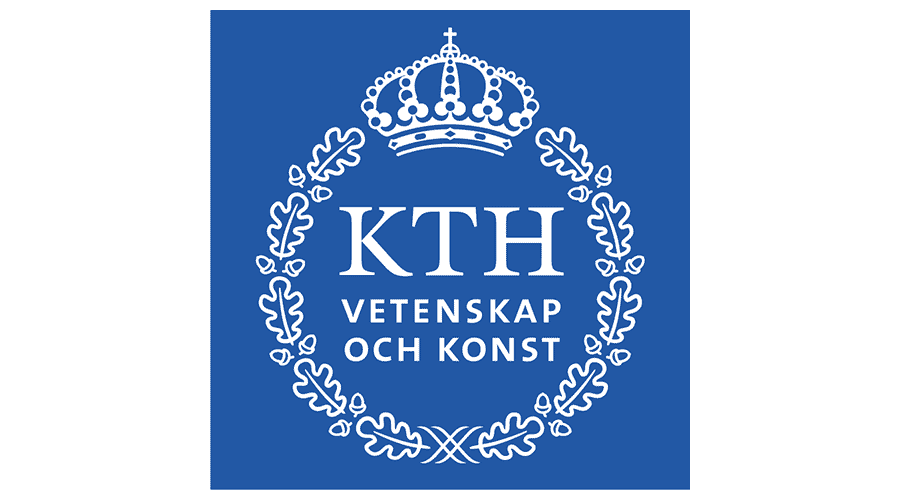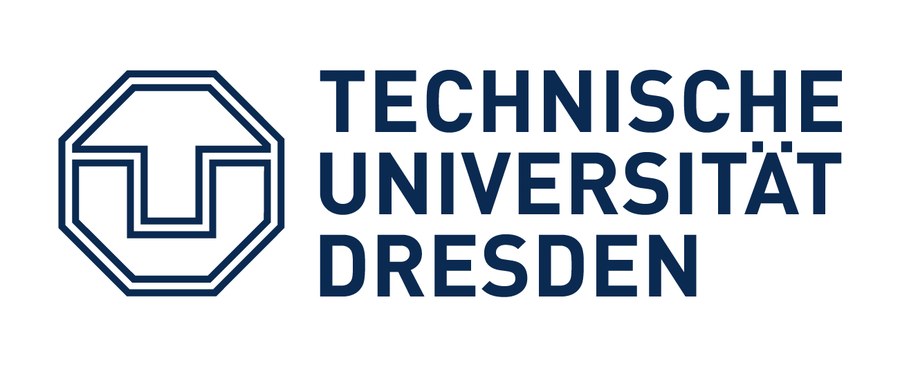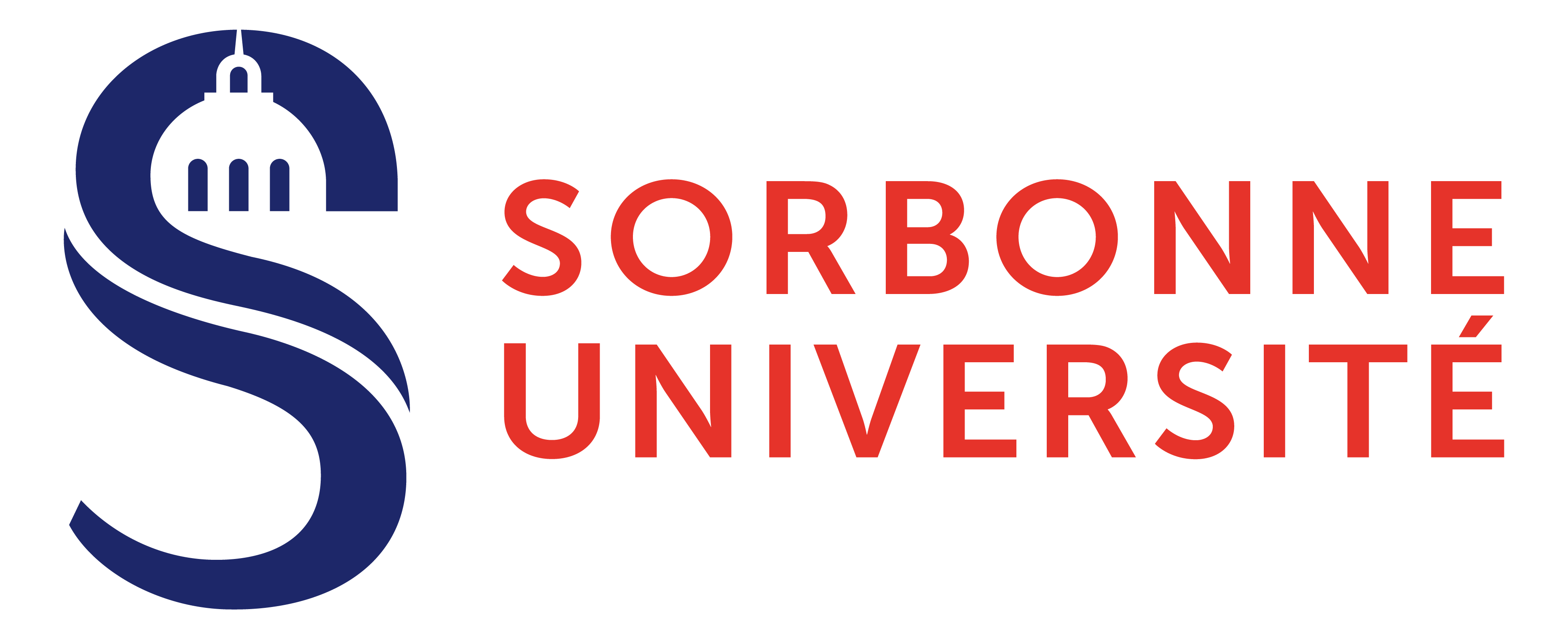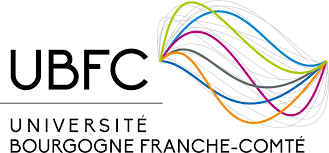Network members
The Freie Universität Berlin (FU Berlin) offers more than 150 degree programs in a wide range of subjects at eleven departments and four central institutes. In the humanities and social sciences, FU Berlin hosts a breadth of research that is unique within Germany. With more than 38,500 students, it is one of the 20 largest universities in Germany. In the course of the Excellence Initiative in 2007 and 2012, FU Berlin was recognized as Berlin’s first “University of Excellence”. As a member of the Berlin University Alliance, FU Berlin was included also in the second funding line of the Excellence Strategy in 2019. In global university rankings, the FU ranked in the top hundred in 2014, 2023 and 2024.
Radboud University Medical Center (Radboudumc) is the teaching hospital affiliated with the Radboud University Nijmegen. Radboudumc specializes in patient care, scientific research, teaching and training in Nijmegen. Its mission is to have a significant impact on health care, aiming to be a pioneer in shaping the health care of the future. As one of the three research institutes at Radboudumc, the Donders Institute is devoted to understanding human cognition and behavior in both health and disease. The Donders Institute hosts more than 700 cognitive neuroscientists from all over the world is a highly collaborative environment, with many other research groups that have expertise in key to conduct this project.
The University of Stuttgart (USTUTT) is a higher education organisation with about 5,300 employees, 24,000 students, and a total annual budget of about 536 million Euros. USTUTT’s research profile is characterised by a strong focus on energy and environment, mobility, new materials research, modelling and simulation technology and complex systems and communication. The Institute of Parallel and Distributed Systems is the largest institute in the Faculty of Computer Science, Electrical Engineering and Information Technology. With currently 7 full professorships, it covers several topics, from scientific computing via data bases to machine learning and robotics.
Aarhus University (AU) is a strong public university that is internationally recognized for the high quality of its research, research-based degree programmes, and public sector government consultancy, in addition to value-creating collaboration with private businesses, public sector institutions and civil society. In 2021, it is no. 105 on the Times Higher Education World University Ranking, to mention just one international ranking. AU was founded in 1928 and subscribes to the fundamental values described in the Magna Carta of European Universities. Today its academic portfolio is broad ranging, from the classic university disciplines of the humanities, natural sciences, social sciences, health sciences and theology to business and engineering, educational theory and practice, and the environmental and agricultural sciences. This breadth gives the university a strong vantage point from which to combine disciplines in the creation of research breakthroughs and to establish close collaboration with many sectors to the benefit of society as a whole.
The ICM is France’s largest neuroscience research institute, hosting 25 research teams and over 20 technological platforms (~600 employees). The ICM recognizes the essential role of basic research in achieving ground-breaking discoveries and opening new perspectives for treatments. The ICM is committed to (1) achieving scientific excellence, (2) actively promoting knowledge transfer within and between countries, (3) creating a forum of exchange with the civil society and corporate partners, (4) giving science the infrastructure it needs to be creative. Four leading French research public institutions (CNRS, INSERM, APHP, Sorbonne Université) contribute to ICM’s success through the ICM Foundation.
The French National Centre for Scientific Research (French: Centre national de la recherche scientifique, CNRS) is France’s largest public research operators, as well as the largest fundamental science agency in Europe employing more than 10,000 tenure researchers in all fields of natural sciences, technology, humanities and social sciences. Research in the project will be carried out at the FEMTO-ST Institute in Besancon (UMR6174, Université de Bourgogne Franche-Comte / CNRS https://www.femto-st.fr), one of the country’s largest technological research units, with 700 researchers spanning all fields of engineering and system science. FEMTO-ST is an internationally recognized hub for health technology, incl. robotic medical devices, biomechanics and neuroscience.
The Music Technology Group (MTG) of the Universitat Pompeu Fabra in Barcelona specialises in sound and music computing. With more than 50 researchers coming from different and complementary disciplines, the MTG carries out research on topics such as audio signal processing, sound and music description, musical interfaces, sound and music communities, and performance modelling.
KTH is responsible for one third of Sweden’s capacity for technical research and is the country’s largest university for technical/engineering education with approximately 11 000 full year-equivalent undergraduate students, 1 900 active research students and over 3 620 full time-equivalent employees. The department of Media Technology and Interaction Design has its roots in computer and behavioral science as well as media technology. Faculty has a background in computer science and media technology, interaction design, sound and music computing, and media and communication science. The department has 6 research groups one of which, Creative Media Technology, is co-lead by Prof. Sandra Pauletto.
Founded by a collective of imaginative creatives and artists in 2018, Endel is democratizing wellness by making AI-powered mindfulness accessible to all. The company’s core technology Endel Pacific creates personalized, adaptive soundscapes to reduce stress, improve sleep, and boost productivity — all backed by neuroscience and the science of the circadian rhythm In October 2020, Endel launched AI Lullaby, a sleep soundscape featuring new vocals and music by Claire Elise Boucher (Grimes). Endel’s investors and partners include the Amazon Alexa Fund, Warner Music Group, Sonos, Avex Group, Kima Ventures, Impulse Ventures, Plus Eight Equity Partners, Waverley Capital, Powerhouse Capital, Techstars Music, Major Lazor’s Chris Leacock, and DJ La Fleur. In September 2020, Endel raised $5 million in Series A funding led by Kevin Rose of True Ventures, along with Sleepscore Ventures, Techstars Ventures, Impulse Ventures, Plus 8 Equity Partners, Waverly Capital, Amazon Alexa Fund, Target Global and other angel investors.
Fribourg University is Switzerland’s only bilingual university. The approximately 10,000 students in the Bachelor, Masters and PhD programs receive first-class personal support from over 800 professors, lecturers and research assistants.It has a tradition in frontier research which is expanding at both a national and international level in all the five faculties and in many fields, for example Biomedical Sciences, Federalism, European Law, European Business, Ethics & Human Rights, Informatics and Educational Sciences. Besides numerous research projects funded by the SNSF, the University hosts a National Centre of Competence in Research (NCCR) as well as a variety of Interdisciplinary Centres of Research.The University’s dedication to new interdisciplinary fields of research, such as Nanomaterials, Competitiveness and Multilingualism, keeps students as well as professors constantly striving to break new ground.
Technische Universität Dresden (TUD) is one of the leading and most dynamic universities in Germany. Since 2012, TUD has been one of eleven “Universities of Excellence”. It has about 32,000 students and over 8,300 employees from 70 countries, 600 professors among them. As a full-curriculum university with 17 faculties in five schools it offers a broad variety of 124 degree programmes and covers a wide research spectrum. TUD is part of the DRESDEN concept – an alliance of 33 research institutions from the world of science and culture, representing an ideal network to communicate the excellent research in an around Dresden. The TUD prides itself for its international flavour and has partnerships with more than 70 universities worldwide. TUD is among the 20 most innovative universities in Europe (“Reuters Top 100: Europe’s Most Innovative Universities”).
With more than 55,600 students, 4,400 doctoral students (of which 40% international) and 3,400 teacher-researchers, Sorbonne Université is the second French university in the Shanghai classification. The university has France’s largest scientific library and infrastructures bringing together the best talent in a wide array of disciplines. With more than 8,500 publications per year (approx. 10% of all publications in France), Sorbonne Université is a major player in the international knowledge and innovation economy, offering transversal academic and research programmes. Sorbonne Université has 23 doctoral schools covering all disciplinary fields of research in the humanities, languages and social sciences, sciences and engineering, and medicine. These are organised in a Doctoral College offering 6 interdisciplinary doctoral programmes. The Brain, cognition, behaviour Doctoral School (ED3C), co-accredited at Sorbonne Université, Université de Paris and Université Paris Sciences et Lettres, is made of up of research teams working in the fields of neurosciences and cognitive sciences from around 35 laboratories, among which the ICM team. More than 400 PhD students carry out their thesis work within ED3C.
The Université Bourgogne Franche-Comté (UBFC) is a community of universities and institutions (COMUE) that was founded on April 1, 2015 and consists of seven higher education and research institutions. The establishment of UBFC addresses a critical need for competitiveness in Bourgogne-Franche-Comté. UBFC symbolizes the growth of higher education, research, and innovation over the whole regional territory. This growth leads to a diverse, high-quality training program that is linked to research in recognized specialization domains and aligned with the economics and culture of the region. UBFC currently has over 60,000 students and 8,800 employees. It is spread out over 13 locations around the Bourgogne Franche-Comté area. The following four cities have a large student population: Dijon Métropole, Grand Besançon Métropole, Pôle métropolitain Nord Franche-Comté, and Sud Bourgogne.
GHU Paris Psychiatrie et Neurosciences, formerly Hopital Sainte-Anne, is Paris’ first hospital for mental health and neurology, employing over 600 medical doctors. The hospital’s neuro-ICU and epilepsy units are integrated in a building that includes all the neurological specialities. The Neuro-ICU involves a multidisciplinary medical team constituted by neurologists, anaesthetists-intensivists and a rehabilitation physician and is highly specialized in the management of severe brain injured patients and in the multimodal assessment of disorders of consciousness. The epilepsy unit is specialized in intracranial (SEEG) presurgical assessment of pharmacoesistant epilepsy patients.
Phonos is an art centre devoted to the creation, presentation and dissemination of sound art and music with new technologies. We carry out our activity through regular concerts series, lectures about theory and criticism, workshops and artist-in-residency programmes, as well as through research projects in close collaboration with research institutions. As a pioneering center in the field of electroacoustic music in Spain, with more than 45 years of history, our fundamental mission continues to be that of establishing bridges between sound creation, research in technology, and the cultural and artistic worlds, promoting and informing the latest developments in technology from creative and cultural perspectives.
Starlab is an independent, private R&D SME that develops innovative sensor concepts as well as software products, both for Earth and Brain sensing. Brain and body monitoring, and their applications to safety and medicine, is an important area in the company. The Neuroscience Research Business Unit has extensive experience in advanced data science, biomarker discovery, brain physiology and applied research for both institutional and industrial clients. Some of Starlab’s relevant areas of expertise include: Algorithm development – Signal processing, Computational Intelligence, Multi-modal data fusion, Biomarker discovery – Big Data, Data Science, Statistics, Patient Stratification, Software development – Prototyping, App and Web layer, Firmware, Cloud data management, Cloud computing.
Arenar B.V. is a Dutch health-tech startup based in Nijmegen, Netherlands. Arenar’s main industry focus is wearable sleep EEG systems and solutions for sleeping better and lucid dreaming.
Benkana Interfaces GmbH & Co. KG, is a research and consulting company for user experience and software engineering focusing on medical and security technologies. They connect the digital and analogue world with methods of user experience design, industrial anthropometry, and software engineering. Company’s main industry focus is; medical, security, software and software engineering solutions.
Mentalab is a German biosensor hardware startup that makes research-grade mobile wearable devices. Mentalab was established with the goal of creating better tools for researchers, doctors, and patients. Company develops breakthrough technology to advance today’s science and patient care based on years of expertise in clinic and research. Mentalab has developed its own open-source software for biosignal data gathering and experiment integration named ExplorePy. In addition, they have developed Mentalab Explore which is a better solution for biomedical recordings with its precision sensor technology with excellent usability in a mobile format.
